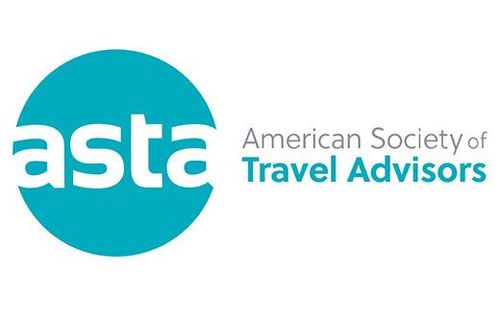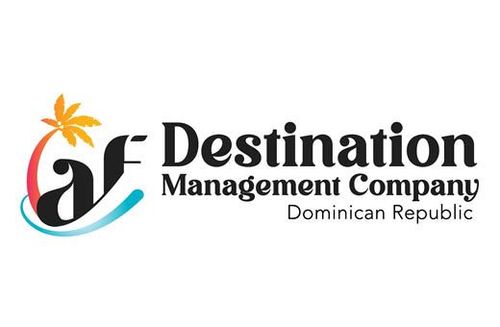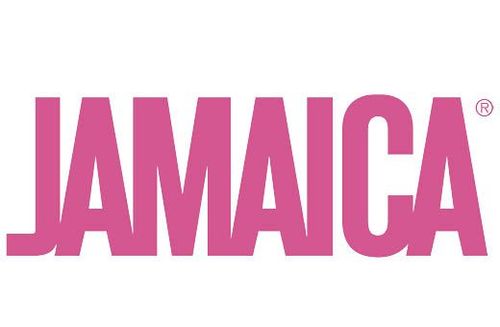Where travel agents earn, learn and save!
News / Travel Vouchers & Future Travel Credits - Good Consumer Value but Swift Agency Compensation is Key
ASTA's updates on vouchers and travel credits

May 21 - Sales made through the travel agency distribution channel represent a particularly significant share of total revenue to virtually all travel suppliers, with advisors serving as a valued extension of the sales arm for suppliers. Coupled with agency sales and support services are many process and policy complexities. One such complexity relates to the issuance of vouchers, also known as future travel credits (FTCs). Many travelers have come to value FTCs where important travel dreams must be postponed but hopes remain intact for a future journey, as opposed to simply being cancelled outright. In lieu of issuing refunds when travel plans are cancelled, use of FTCs by suppliers has seen a sizeable uptick during the current pandemic crisis.
Apart from the travel originally booked, the FTC itself constitutes a transaction for the promise of future travel. Accordingly, while agency commissions are only one source of revenue for the advisor, with service fees and other forms of revenue on the rise, it stands to reason that any commissions earned from an FTC transaction should be payable to the advisor upon the issuance of that voucher, and not at the time of the future travel.
For those suppliers who have already chosen to pay agency commissions upon the issuance of the FTC, ASTA applauds you. For those who have yet to adopt such practice, ASTA argues it should become standard practice. “Analogous to a FTC, when you sell a new home, you pay the realtor’s commission at closing, not when the new owner moves in; likewise, when you send a gift certificate to a loved one, you pay when you purchase it, not when the certificate is redeemed,” said Mark Meader, ASTA Senior Vice President of Industry Affairs and Education. Continuing, he added, “It stands to reason that when a travel voucher or FTC is issued as the result of a sale made by a travel advisor – whether outright or in lieu of a refund – the corresponding commission owed the advisor should be paid at the time the voucher is issued, not when the traveler takes the trip.”
In these situations, the supplier has already collected full payment through the advisor. It follows then that the compensation owed the advisor should be paid when that full payment has been received. With the advisor having completed and closed the sale, collected all monies due and remitted such to the supplier, the advisor has fulfilled all of her or his duties with respect to the transaction. Compensating the advisor for that success is the logical follow-on step that should occur at that point without delay.
“ASTA believes that a travel voucher represents a promise of a seat on an airplane, a cabin on cruise ship, a room in a hotel or a place on a tour,” said Zane Kerby, ASTA President and CEO. “Accordingly, the agreed compensation or commission due the agency for closing the sale should be paid when that voucher is issued.” ASTA firmly believes all commissions due for any products sold by the agency - voucher, FTC or otherwise - should be payable upon final and full payment by the traveler, and ideally within 14 days.
ASTA once again calls on travel suppliers to do the right thing and compensate their trusted travel advisors for their part in making the sale - including vouchers or FTCs for future travel - in a timely manner, meaning when issued, and not after the client’s travel is complete. ASTA is confident that agency remuneration for a job well done on behalf of the supplier will be well rewarded by loyal consumers and advisors when the pandemic wanes and all are able to start traveling again.
More Travel News:
USTA president, Roger Dow shares update after latest meeting of VP Mike Pence’s tourism panel
American Hotel & Lodging Association releases a “Roadmap to Recovery”
COVID-19 Travel Insight Report by MMGY Global
COVID-19: Insights on Travel Impact, Europe #33











